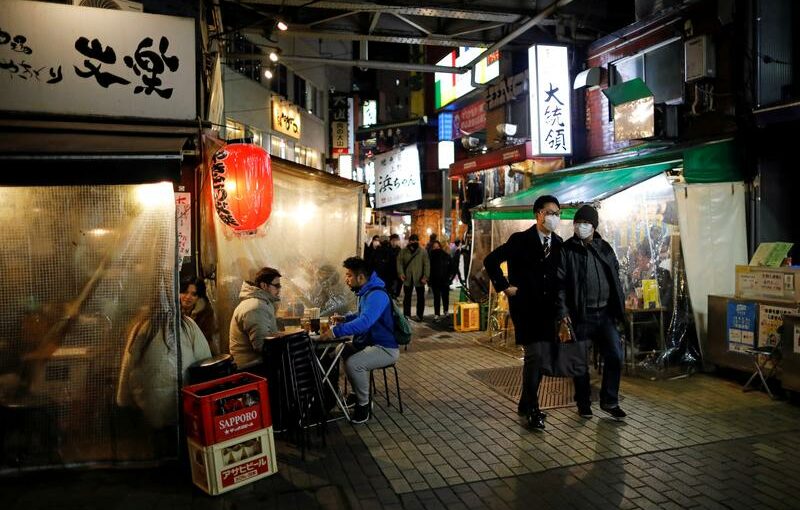(Reuters) – Here’s what you need to know about the coronavirus right now:
China reports most COVID cases in five months
Authorities in Shijiazhuang, the capital of China’s Hebei province, tightened travel restrictions on Thursday to curb the spread of the coronavirus as the country reported the biggest rise in daily COVID-19 cases in more than five months.
Mass testing has been launched in Shijiazhuang and gatherings have been banned. State television reported that the city has banned passengers from entering its main railway station. The city previously required travellers to present a negative nucleic acid COVID-19 test result taken within 72 hours before boarding a train or plane in the province.
Authorities in Guangdong province late on Wednesday reported a patient infected with a more transmissible variant of the coronavirus discovered in South Africa. Some scientists worry that COVID-19 vaccines being rolled out may not be able to protect against this variant because of mutations.
State of emergency starts in Tokyo from Friday
An advisory panel approved on Thursday a Japanese government’s plan for a one-month state of emergency until Feb. 7, beginning on Friday, for Tokyo and three neighbouring prefectures in a bid to contain a surge in coronavirus cases, now running at record levels.
Economy Minister Yasutoshi Nishimura said that measures to be included in the state of emergency include asking restaurants and bars to close by 8 p.m., asking people to refrain from non-urgent outings and limiting crowds at sports and other events to 5,000 people.
But medical experts fear the plan might be inadequate. The state of emergency gives local governors stronger legal authority to urge people to stay home and businesses to close but not the authority to impose fines or jail.
Halal ruling awaited in Indonesia before vaccinations begin
Indonesia’s highest Muslim clerical council aims to issue a ruling on whether a COVID-19 vaccine is halal, or permissible under Islam, before the launch of an inoculation programme with a Chinese-made vaccine next week.
The world’s largest Muslim-majority country plans to begin vaccinations on Jan. 13 after getting 3 million doses from China’s Sinovac Biotech.
The New York Times reported that Sinovac told Indonesia’s state-owned drugmaker Bio Farma that the vaccines were “manufactured free of porcine materials”. Bambang Heriyanto, Bio Farma’s corporate secretary, confirmed receiving the statement, but said the halal status would be decided by the clerical council.
Sinovac did not immediately respond to a request for comment.
Researchers argue for one vaccine dose to enhance supply
A single dose of one of the available COVID-19 vaccines, even if less effective than two doses, may have greater population benefit, three research groups said on Tuesday in three papers in Annals of Internal Medicine.
University of Washington researchers say doubling vaccine coverage by giving a single dose to more people would hasten pandemic control by lowering transmission rates.
“In a public health emergency, a powerful argument exists for doing something with less-than-perfect results if it can help more persons quickly,” said Thomas Bollyky of the Council on Foreign Relations in an editorial published with the papers. “However, whether alternative approaches with current vaccines would accomplish this goal is far from clear.”
The U.S Food and Drug Administration said on Monday the idea of changing the authorized dosing or schedules of COVID-19 vaccines was premature and not supported by available data.
Source: Read Full Article
